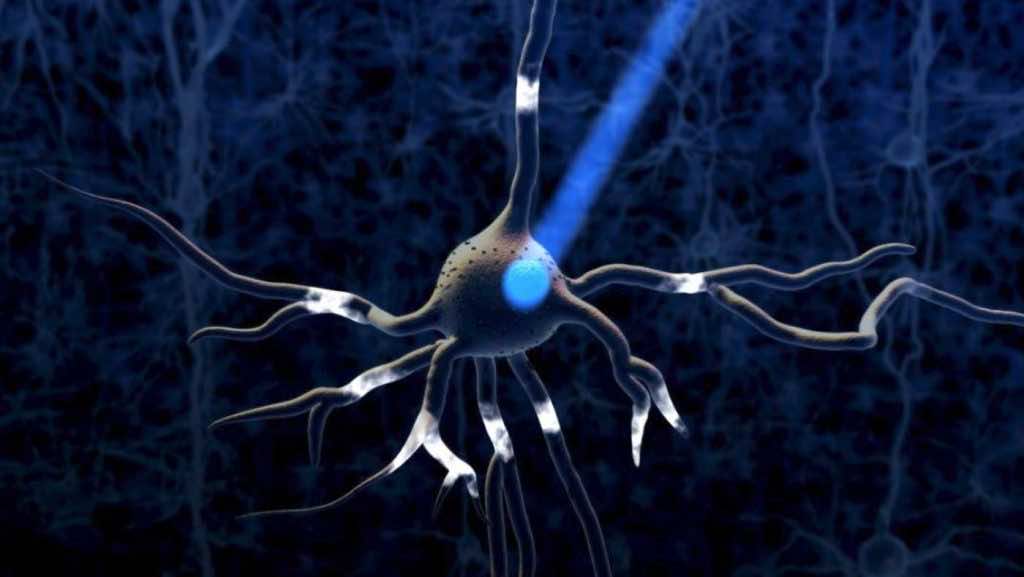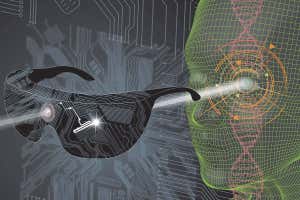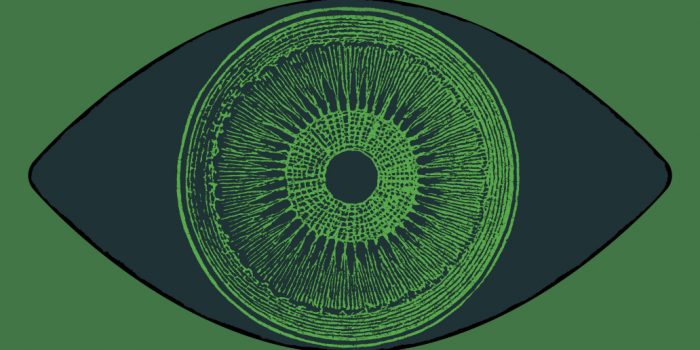An algae gene helped a blind man perceive objects in a world first. The researchers behind the newfound methodology are working to genetically reengineer retinas to let the blind see the colors of life again.
The first one to benefit from the newfound method is a 58-year-old man who wasn’t able to differentiate between the day and night, and after getting the treatment, the true worth of which a blind man can tell, he was able to tell where a notebook was placed on the table.
Scientists from the US and Europe termed the treatment as the first successful optogenetics that aided in improving the 58-year-old man’s vision, allowing him to see the world again. The treatment involved placing an algae gene into the man’s retina.
“I think that a new field is being born,” Botond Roska, a professor at the University of Basel who led the research, said during a conference call with journalists.
The man who got the algae gene into his retina and the medical care proved to be a success was diagnosed forty years ago with Retinitis Pigmentosa, which is a degenerative disease that hinders the functioning of photoreceptors.
The doctors treated the man with gene therapy so that a light-sensing molecule gets added to the man’s retina. The added gene is called Chrimson that is derived from single-celled algae and is known to travel towards sunlight. The researchers used this idea to engineer retina cells called ganglions enabling the retina to respond to light and send the visual signals to the brain.

The new treatment requires the patients to wear a set of electronic goggles that after catching the light contrast in the environment projects an image into the retina using the specific wavelength of yellow-orange light at high intensity that resultingly triggers the Chrimson molecule.
The 58-year-old man is the first to benefit from optogenetics. After the treatment, the man didn’t show any signs of improvement at first, however, later he was able to see shapes while wearing the goggles.

Optogenetics is being worked on since 2016 to cure blindness, however, the benefit from it was limited to allowing the patient to perceive a bright window in a dark room. In the latest case, the patient was found to perceive objects but was not able to differentiate between the two very clearly. It is yet not good enough to allow the patient to read but researchers behind the cure believe that it would get better with time and further advancements in the field. “The level of vision we are going to reach is impossible to predict,” said one of the researchers.


